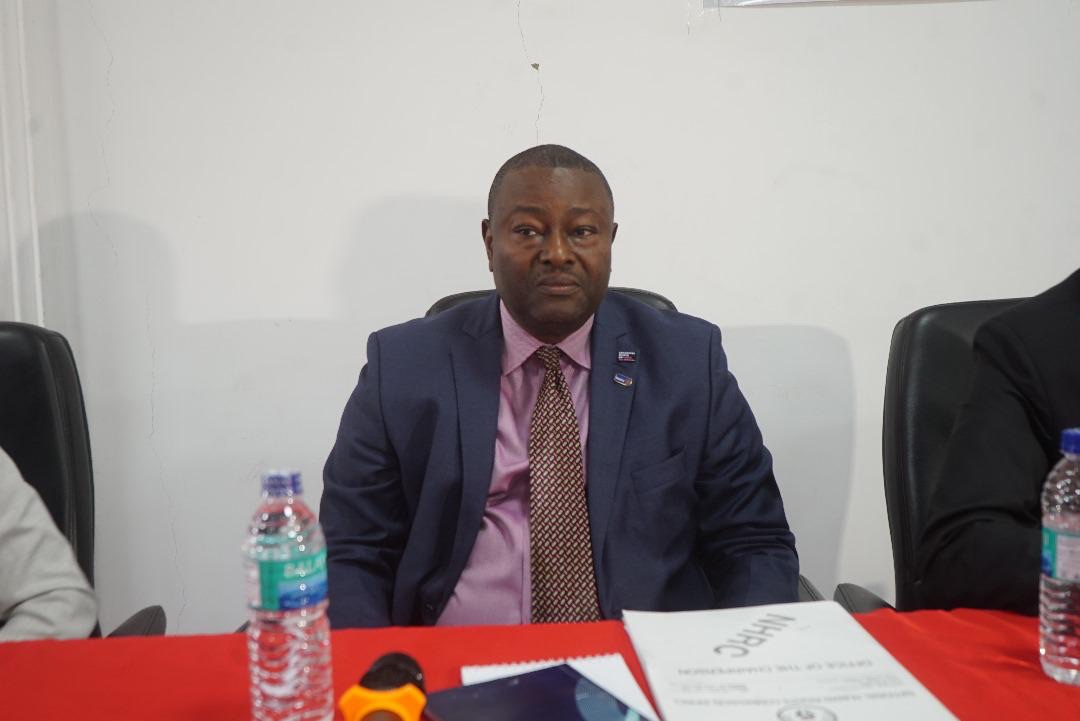By Binta Jaiteh
The National Human Rights Commission (NHRC) Thursday launched state of human rights report 2023, geared towards protection and promotion of human rights in the country.
The report covers wide ranging thematic human rights issues that occurred in 2023, including the fatal shooting of two police officers at Sukuta-Jabang Traffic Light in September 2023.
Addressing the gathering at the launching ceremony held at Metzy Hotel Senegambia, Mr. Mansour Jobe, NHRC’s Director of Legal and Investigation says the report highlights the re-occurrence of acts of torture and related inhuman treatment meted on people by state agents and private individuals. The arrests of social media influencers or human rightsactivists are highlighted as well as the case of a Nema-Su resident who tied up and maltreated his niece.
Mr. Jobe says that the report examines the level of women’s political participation in the 2023 local government elections, highlighting the low level of representation of women in the councils and recommended for law reform to enhance women participation in the governance structure.
According to him, with regards to the government’s white paper on the report of the TRRC, the report notes the progress made in the implementation of the recommendations, including the enactment of the Victims Reparations Act 2023.
Still, the report also covers the developments in the health sector since the Acute Kidney Infection (AKI) incidents and urges the state to implement the recommendations of the Presidential Task Force on the subject.
Furthermore, the report highlighted that despite the enactment of the Persons with Disabilities Act 2021, persons with disabilities continue to face challenges in the enjoyment and protection of their rights, including stigmatization, discrimination, exclusion in governance and restricted access to social service and employment.
Moving on, the report highlighted the cost of living, inflation and environmental degradation were flagged as challenges to enjoyment of Economic Social and Cultural Rights (ESCR) in the Gambia. The State and businesses are also called upon to redirect and utilize the UN Guiding Principles on Business and Human Rights, tackle illegal and over-fishing in the Gambian waters and regulate the fisheries sector.
“It provides update on the complaints received through the Commission’s Complaints Handling Procedures” Mr. Jobe added





